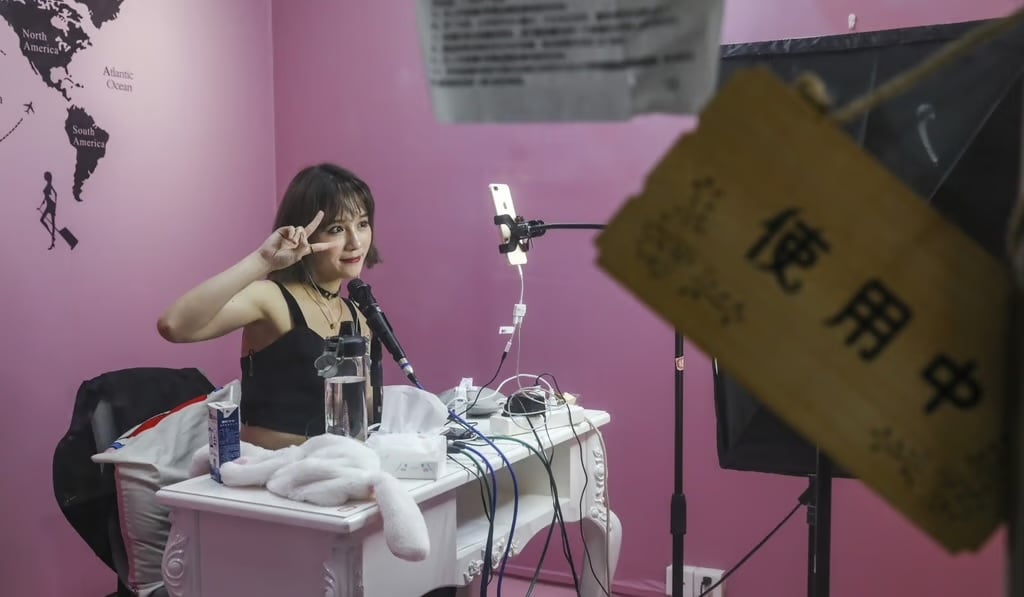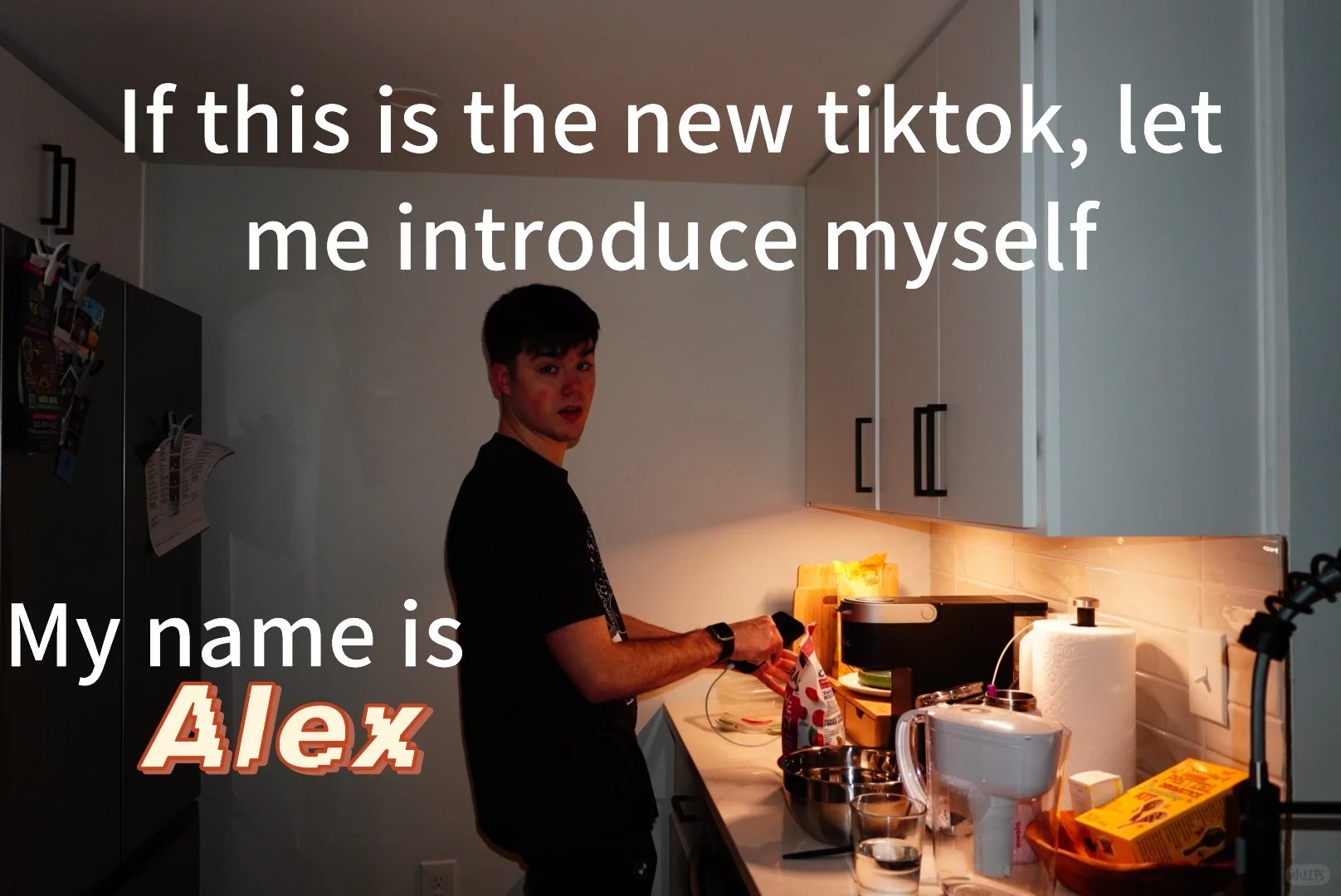If you haven’t seen her on Douyin, you’ve probably seen her on Tik Tok, or maybe Instagram. Let’s be honest, videos of Auntie Ru singing to English songs while swaying gently to the music are everywhere, but who is she?
Before she became known as Auntie Ru to netizens far and wide, she was Li Deru from Shengzhou Village, Chenghai District, Shantou City in Guangdong Province. In China, fans call her Auntie Chaoshan (潮汕阿姨, Cháoshàn āyi), in reference to the culturally distinct region of Guangdong she hails from.
Auntie Ru said her love for English language songs began three years ago when she first discovered the song “Scarborough Fair” by Simon & Garfunkel. Having never learned even the English alphabet before, she began learning English songs purely for the love of music.
At first, Auntie Ru learned English purely from listening to songs and marking the words with her own interpretations, including using Chinese words to piece together English pronunciations with a Chaoshan twist.

Auntie Ru’s first shot to fame through a video of her singing at the local village talent show, known to netizens as “Village Gala” in reference to the annual Chinese Spring Festival Gala. With the encouragement from her son and friends, she began posting her singing videos to Douyin. Currently her cover of “Sweet But Psycho” by Ava Max has received over 148k likes on Douyin, and the same video was reposted to TikTok with over 9.5 million views.
However, Auntie Ru told Shantou Fabu that she’s not singing or posting for fame, “I just do the thing that I like to do, not for fame. I like English songs, no matter what others say, I will continue pursuing it. This is my passion,” she said.
On Tik Tok and Instagram, international viewers seem genuinely impressed and entertained by Auntie Ru’s singing, captivated by the confidence that she exudes while performing
Netizens in China are equally in awe of her, shall we say, unique musical approach, and Auntie Ru’s English pronunciation, mixed with her Chaoshan accent, makes them nostalgic for their own experiences learning English. Many praise Auntie Ru for singing the songs despite her accent and representing the culture of rural China through English songs.
All images via Nanfang Dushi Bao.


















